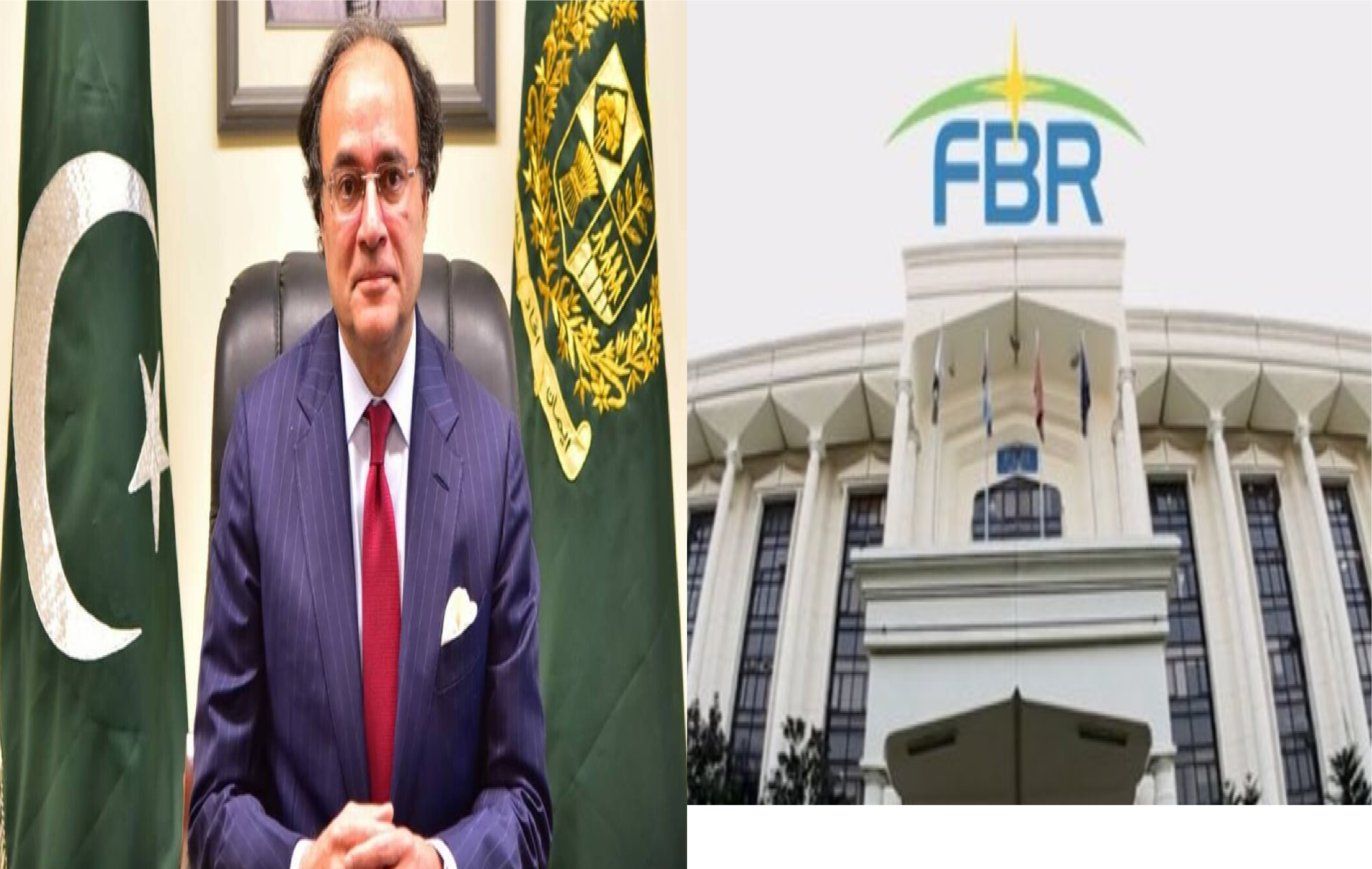Mohsin Siddiqui (Chief Reporter)
The new Finance Minister and the team at the Federal Board of Revenue (FBR) underscores the government’s commitment to reforming the FBR and digitizing the tax system. However, the primary obstacle hindering the implementation of the FBR restructuring appears to be the tax bureaucracy itself.
During the reform initiation by the caretaker Finance Minister, significant resistance was encountered, leading to missed revenue collection targets in January and February 2024. This discord between the caretaker minister and the tax machinery indicates underlying tensions within the system, as noted by tax experts.
The situation escalated to the extent that Inland Revenue officials filed a petition seeking intervention from the Islamabad High Court (IHC) against the restructuring of the FBR. Consequently, the court suspended the notification for the formation of a high-powered Implementation and Asset Distribution Committee (I&ADC), halting the reform process in its tracks.
Tax experts emphasize the crucial role of the Finance Minister in mediating between the Inland Revenue Service and Customs group to resolve differences regarding the restructuring. Leading international tax expert Dr. Ikramul Haq explains that under the proposed restructuring, the Customs and Inland Revenue departments will be separated, each led by a Director General (DG) with full authority over institutional and operational matters. However, this restructuring has triggered concerns among top-level officials.
Dr. Ikram highlights that the approved restructuring entails the dissolution of the FBR, leading to the establishment of two new organizations and three new boards. Legislative changes will be necessary to implement the restructuring, including enactments for Customs and Inland Revenue establishments and amendments to relevant rules and regulations.
Amidst the ongoing struggle between the Finance Ministry and FBR bureaucrats, revenue collection remains a major concern. Official reports reveal shortfalls in revenue collection targets for January and February 2024, with potential repercussions for the introduction of a mini-budget, posing additional challenges for the public.
However, recent discussions between the FBR and the International Monetary Fund (IMF) suggest that there are no immediate plans for a mini-budget, providing a glimmer of hope amidst the ongoing uncertainties.



